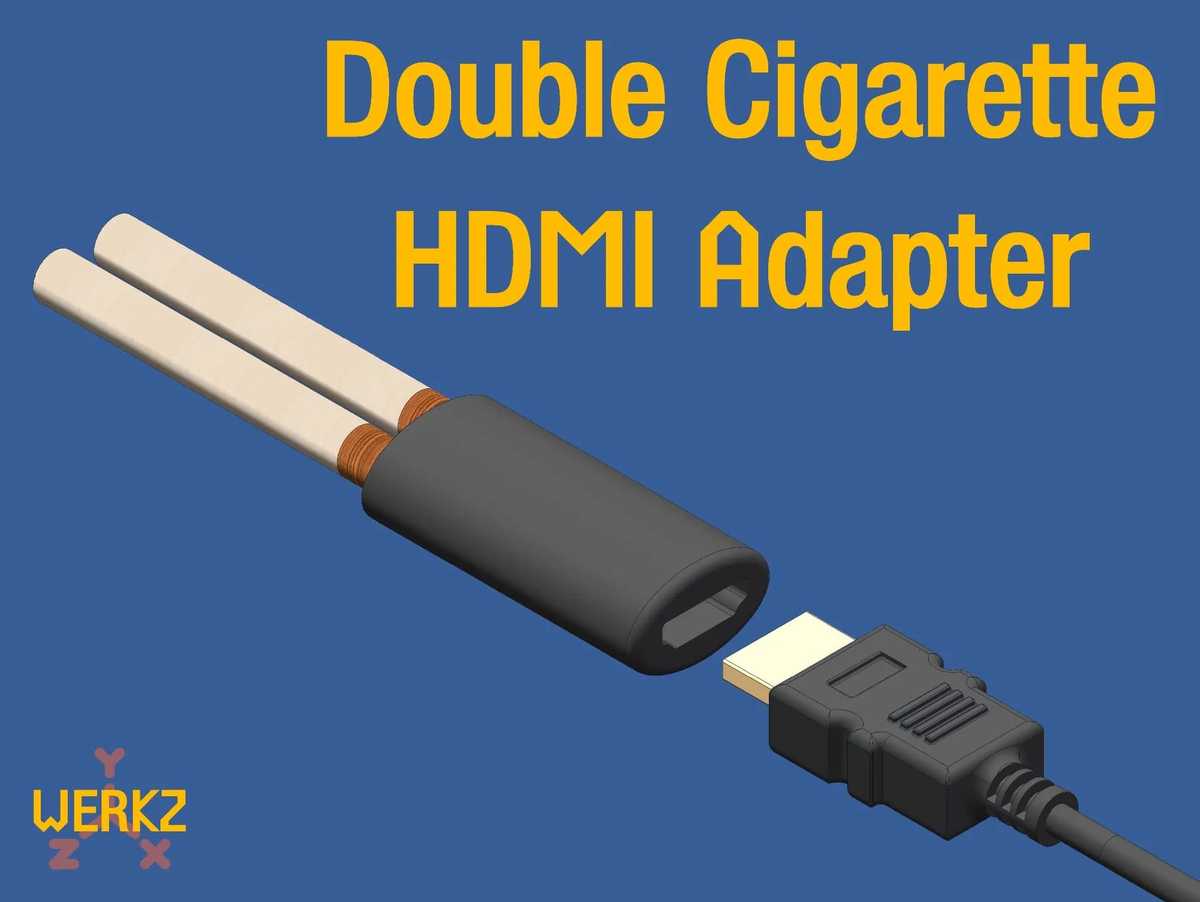An affordable, portable and focused device for music, writing and coding.
Double Cigarette HDMI Adapter
printables.com
An affordable, portable and focused device for music, writing and coding.
This website is a curated collection of typefaces that are available under a variety of free licences somewhere on the interwebs.
In January of 2021 I was exploring the corpus of Skins I collected for the Winamp Skin Museum and found some that seemed corrupted, so I decided to explore them.
After a vape with a screen showing Twitter and Facebook icons on it went viral, I ordered the “Swype Vape 30K Puffs Touch Screen Disposable” to see if I could inhale some social media myself.
Tool to download any font used on a website.
Over the years, Google spokespeople have repeatedly denied that user clicks factor into ranking websites, for example — but the leaked documents make note of several types of clicks users make and indicate they feed into ranking pages in search.
Another major point highlighted by Fishkin and King relates to how Google may use Chrome data in its search rankings. Google Search representatives have said that they don’t use anything from Chrome for ranking, but the leaked documents suggest that may not be true. One section, for example, lists “chrome_trans_clicks” as informing which links from a domain appear below the main webpage in search results. Fishkin interprets it as meaning Google “uses the number of clicks on pages in Chrome browsers and uses that to determine the most popular/important URLs on a site, which go into the calculation of which to include in the sitelinks feature.”
The potential of technology to empower is being subverted by tyrannical user interface design, enabled by our data and attention.
Can’t believe the domain is still available 👀
Many yearn for the “good old days” of the web. We could have those good old days back — or something even better — and if anything, it would be easier now than it ever was.
The first page of Google results are links to pages that have scraped other pages for information from other pages that have been scraped for information. All the sources seem to link back to one another. There is no origin. The photos on the page look weird. The hands are disfigured. There is no image credit.
A billionaire got mad, bought your favourite social media site and ran it into the ground. A different billionaire got mad, bought the magazine site you liked to read on your lunchbreak and shut it down completely. A third billionaire did what they do best, bought the app you use for networking and sold it off for parts.
I had just switched from Google Drive, and instead of making a new email address, I used an ancient Hotmail account that’s been tied to my Xbox account for over a decade. If you had told me I had photos in that email’s cloud storage, I wouldn’t have believed you. I’d swear up and down I never used cloud storage under that email address. Yet, a day after I updated my subscription, an “On this day” memories alert popped up.
I clicked on it — and, oh my, was that a mistake. Microsoft OneDrive wanted me to remember one of the darkest times of my life by shoving photos of an abusive ex in my face — photos I had forgotten existed.
An up close an personal look into why we should be extremely careful when sharing about ourselves online, no matter how shiny an app or network might be.
The internet has become an extractive and fragile monoculture. But we can revitalize it using lessons learned by ecologists.


